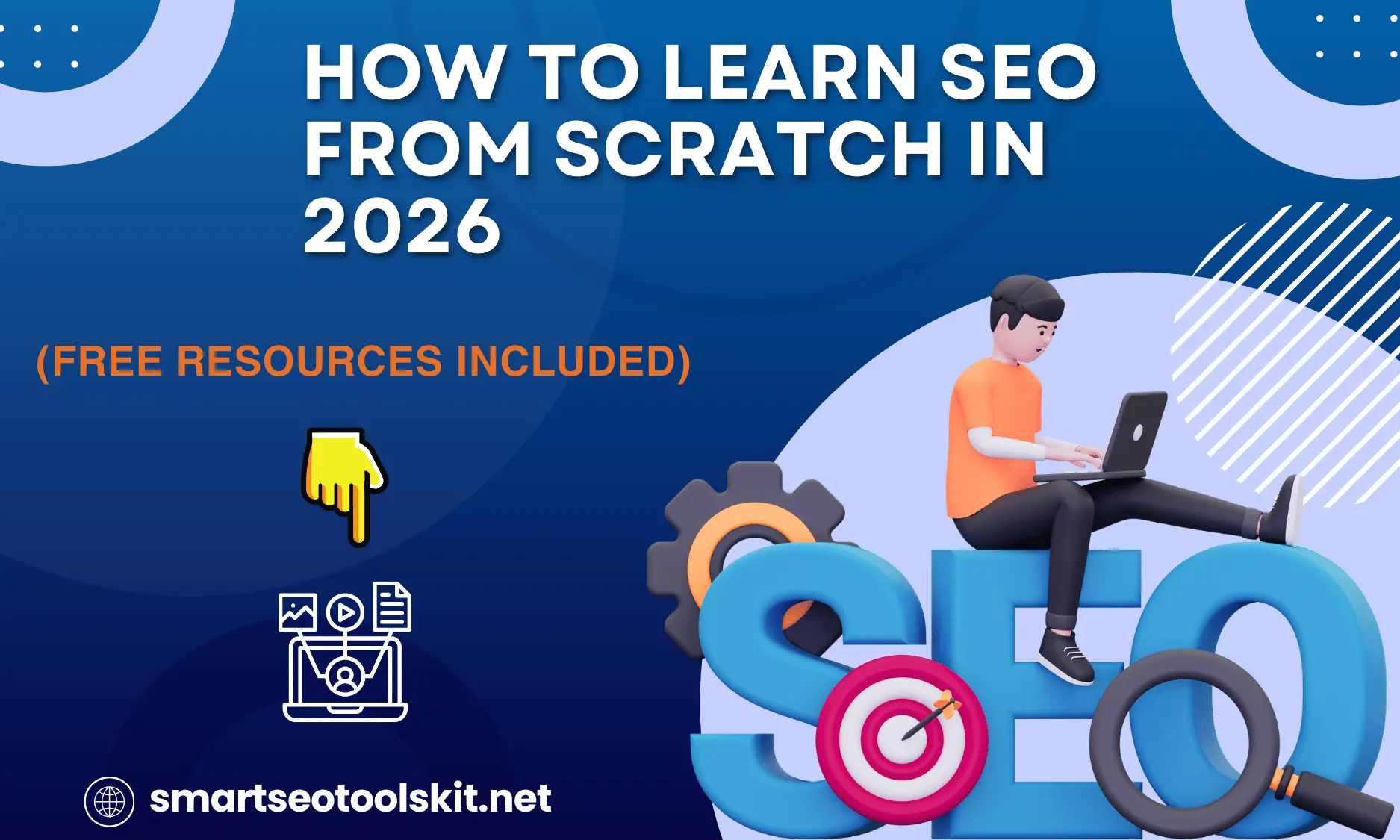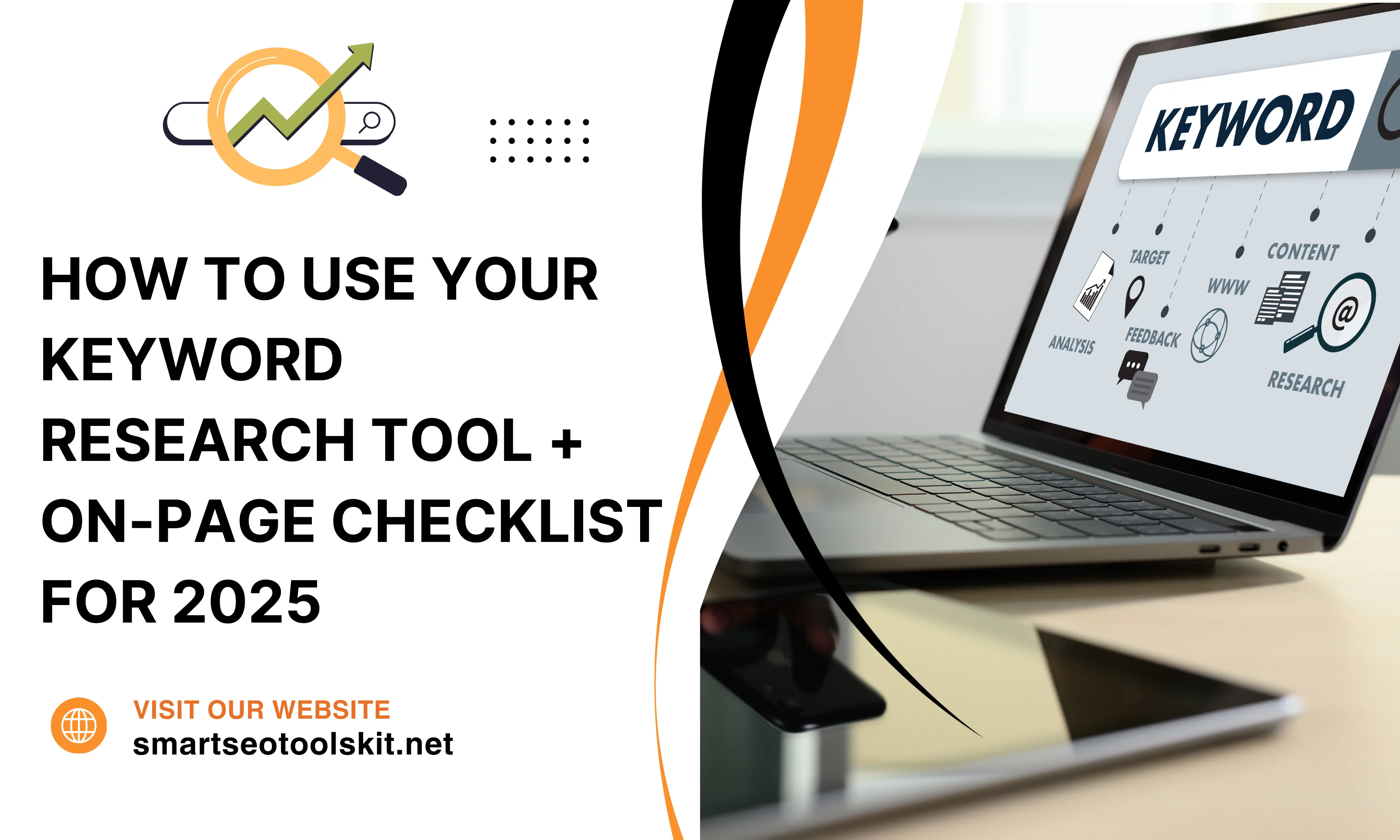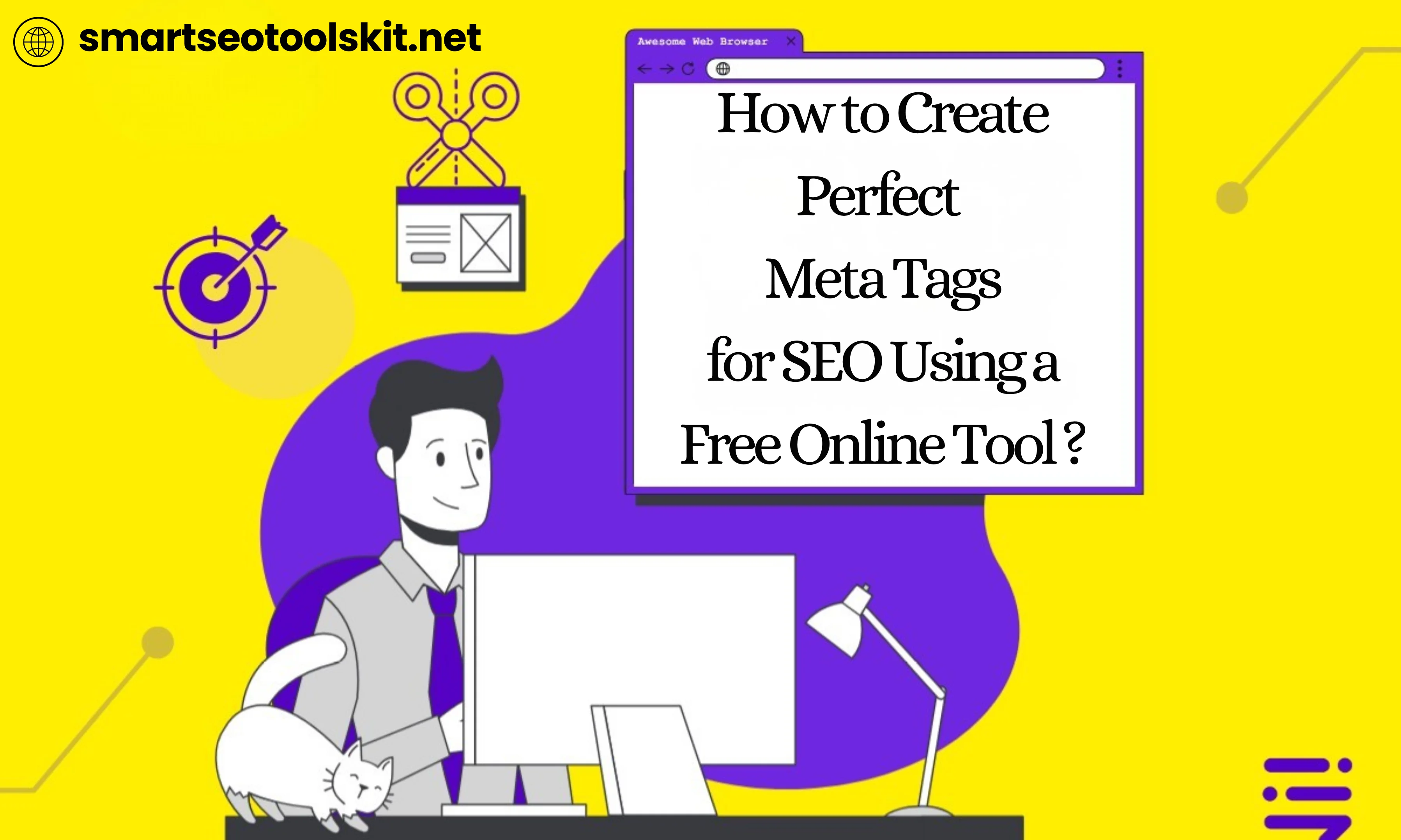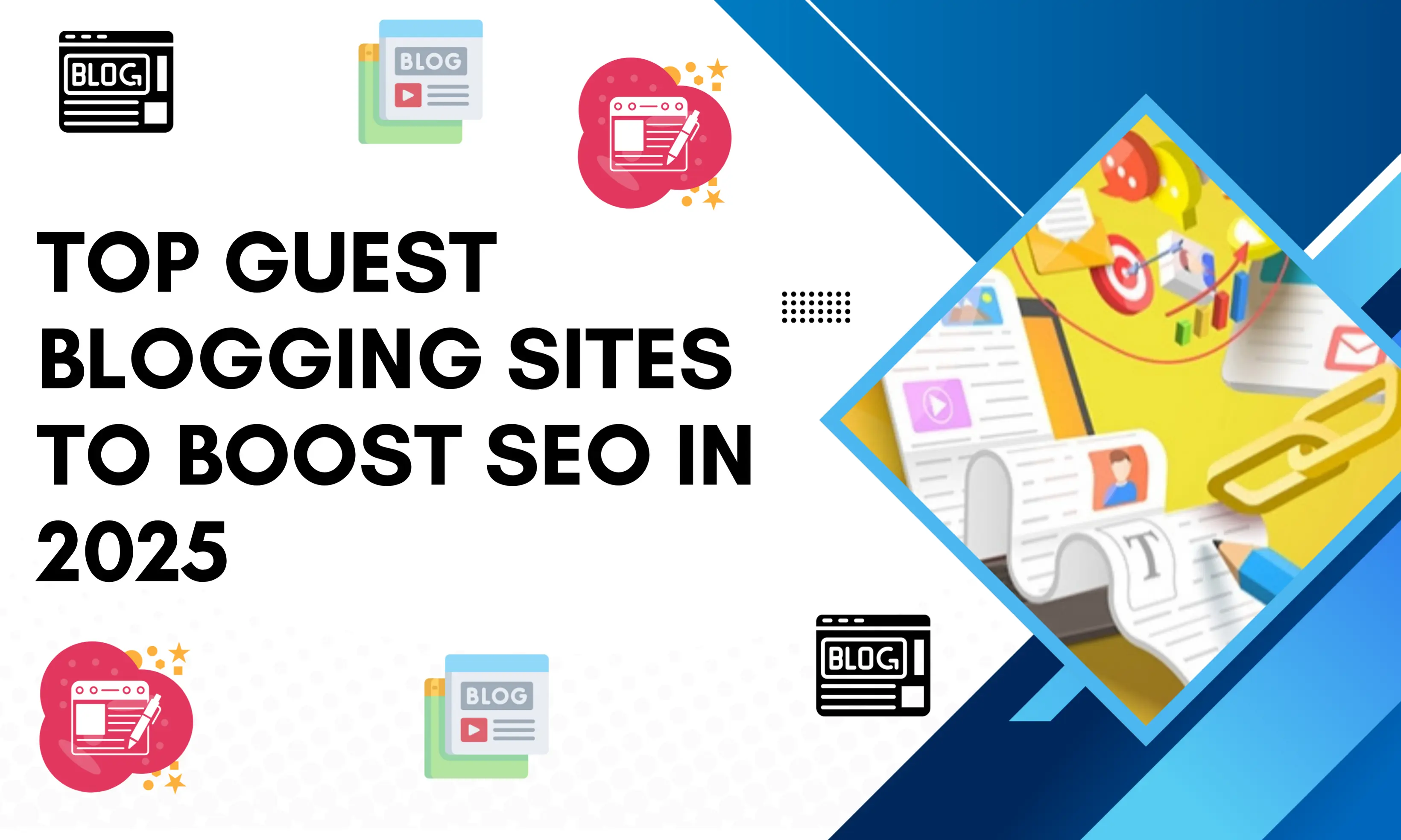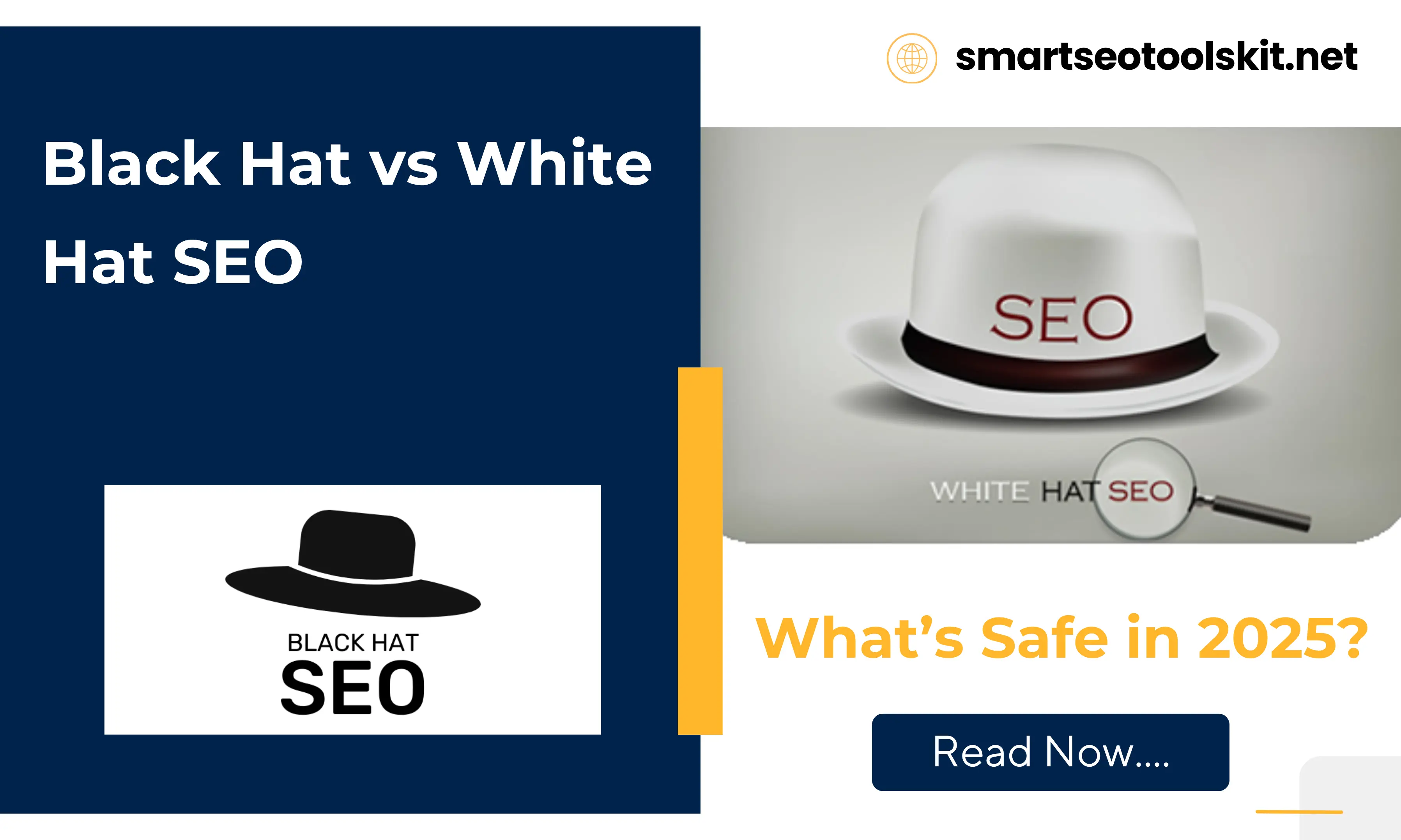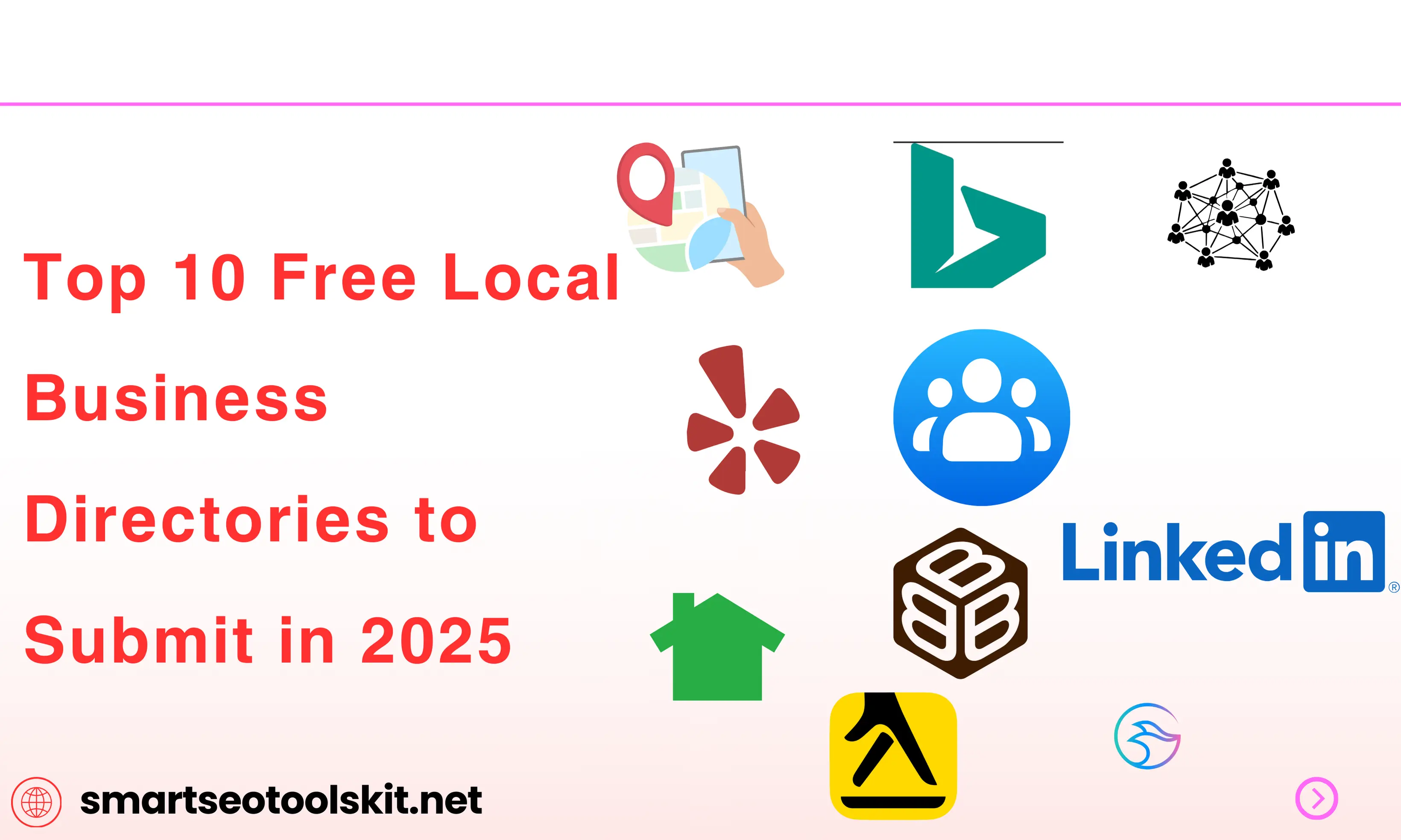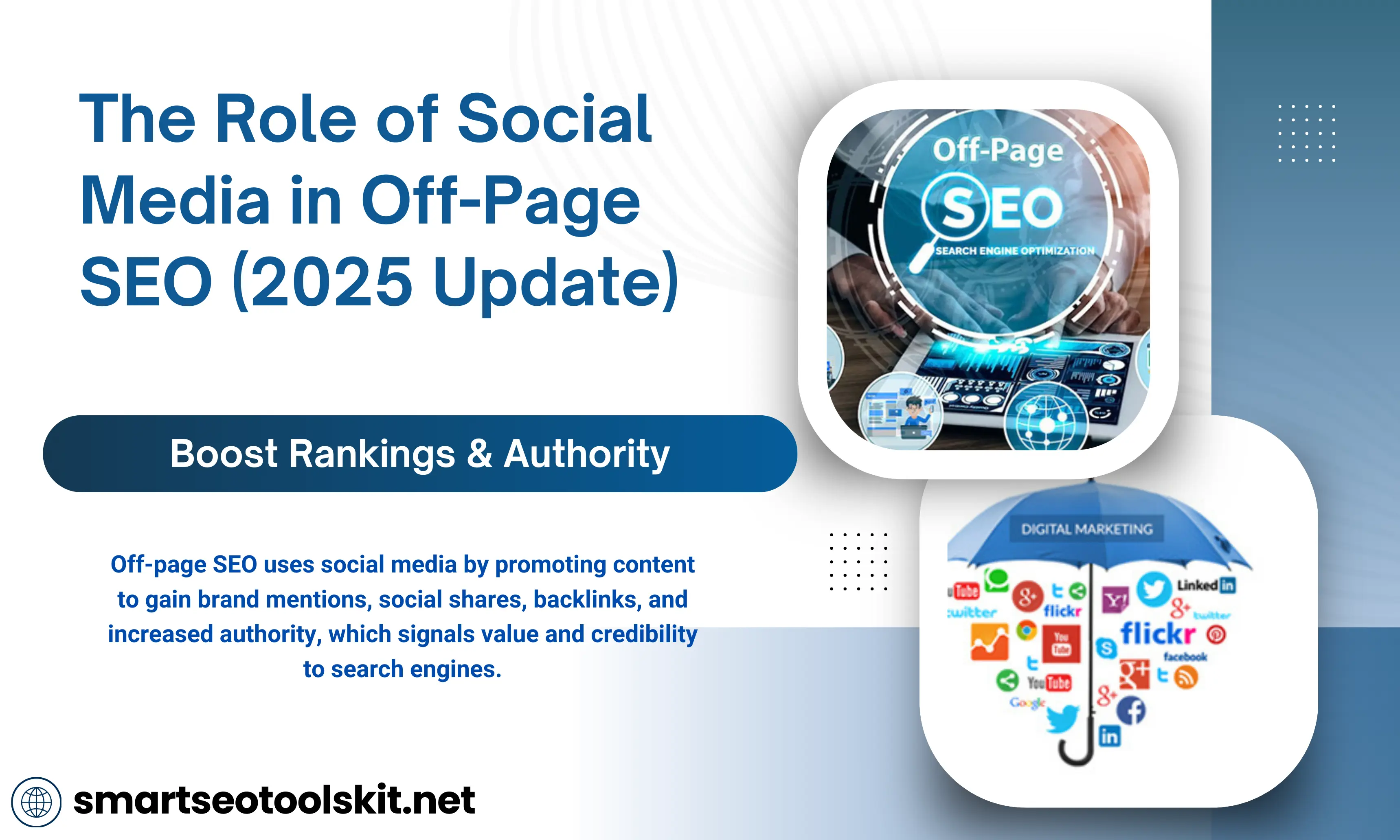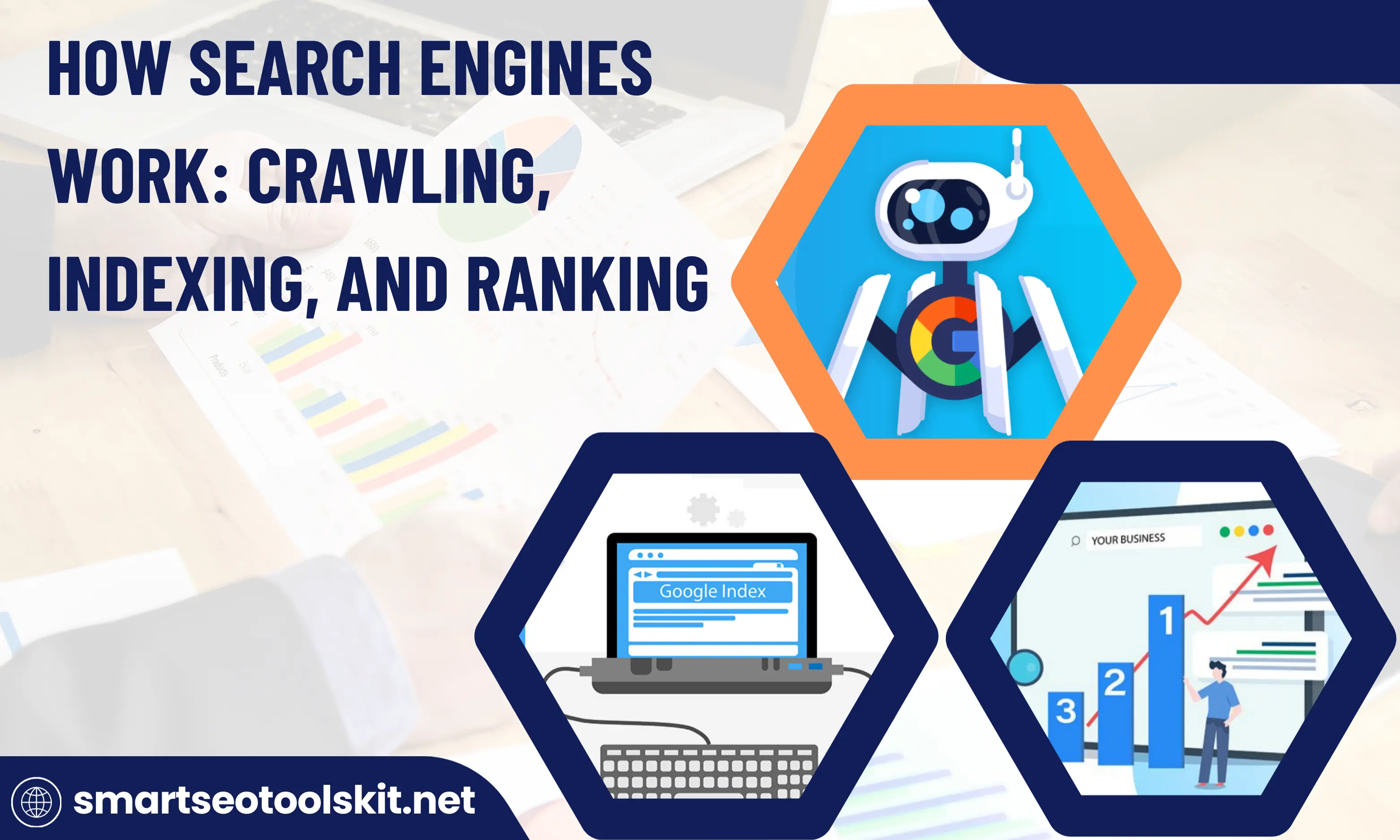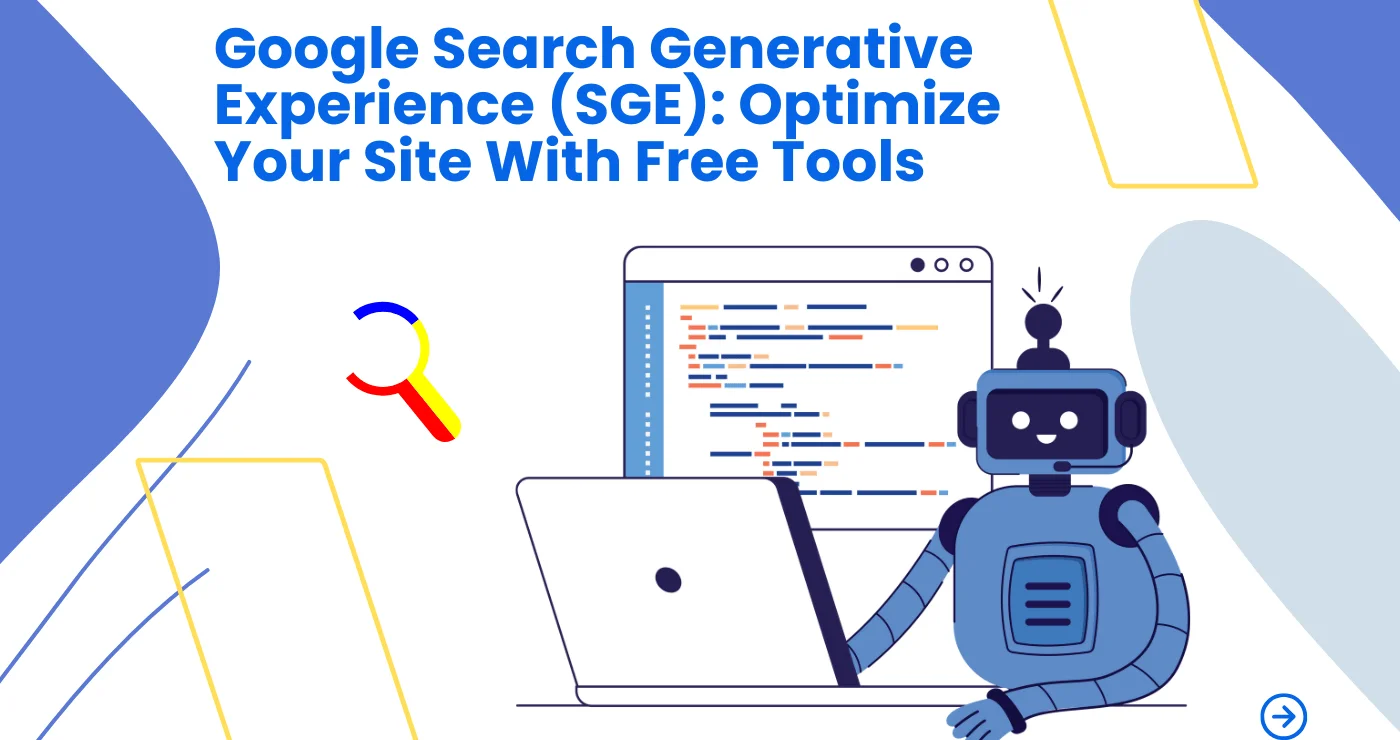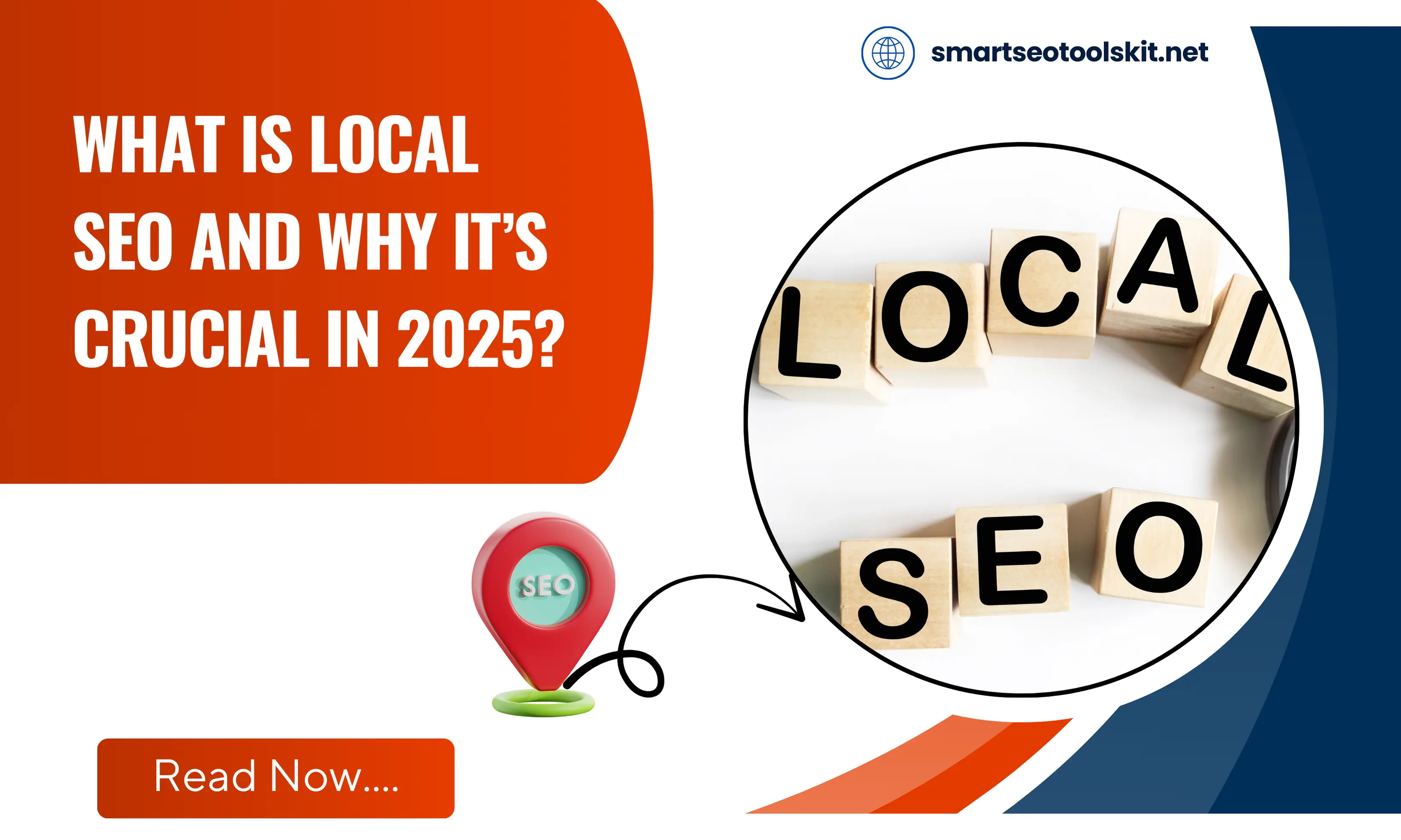If you’ve ever wondered whether social media really matters for SEO, you’re not alone. Marketers, bloggers, and business owners have been debating this question for years. The short answer? Social media doesn’t directly influence Google rankings—but it plays a massive indirect role in how well your content performs online.
Think of it this way: Google is like a teacher grading essays, and backlinks are recommendations from other students saying, “This essay is worth reading.” Social media is the loudspeaker in the classroom—it doesn’t change the essay itself, but it helps more students notice it, talk about it, and share it. The result? More recommendations, more authority, and eventually, better grades (or in this case, rankings).
In 2025, with AI-driven search results, voice search queries, and Google’s constant algorithm updates, the connection between social media and SEO is stronger than ever. Social media is no longer just about likes, shares, and entertainment—it’s about visibility, authority, and credibility.
This blog will take you through the role of social media in off-page SEO, why it matters more in 2025, and practical ways to leverage it for long-term results.
What Is Off-Page SEO?
To understand how social media fits into SEO, let’s first break down off-page SEO in simple terms.
-
On-page SEO: What you do inside your website—optimizing titles, adding keywords, fixing site speed, improving user experience.
-
Off-page SEO: What happens outside your website that improves your reputation—backlinks, mentions, reviews, PR, and yes, social media signals.
The goal of off-page SEO is to show Google that others trust you. Imagine two restaurants: one has customers constantly talking about it, recommending it, and sharing photos, while the other has no buzz outside its walls. Which one would you try first? Google thinks the same way. The more others reference your brand, the more trustworthy you appear.
And since billions of conversations now happen on social media, ignoring it is like leaving half your reputation-building tools untouched.
Go In-Depth: Off-Page SEO in 2025: Complete Guide to Boost Rankings
Does Social Media Directly Affect SEO Rankings in 2025?
Here’s the million-dollar question: Does Google count likes, shares, or followers as ranking signals?
The official answer: No, not directly.
Google has confirmed multiple times that social signals like likes, shares, or followers are not direct ranking factors. But here’s the catch—social media indirectly influences SEO in powerful ways:
-
A well-written blog shared on LinkedIn may catch the eye of a journalist. That journalist writes an article and links back to your site. That backlink directly improves your SEO.
-
A viral YouTube video showcasing your product gets embedded in dozens of blogs. Each embed links back to your channel or website.
-
A strong Twitter (X) presence builds authority in your niche. People start Googling your brand name, leading to more branded searches—a known SEO signal.
So while social media itself isn’t a direct ranking factor, it creates the opportunities that search engines reward. Think of it like rainwater—it doesn’t grow the crops itself, but it nourishes the soil so the plants thrive.
How Social Media Supports Off-Page SEO in 2025
1. Content Distribution and Backlink Opportunities
Creating great content isn’t enough anymore—you need people to see it. Social media is the most effective distribution channel today.
-
Example: You publish a detailed guide on AI-powered marketing. If it just sits on your blog, it may take months before anyone notices. But if you share it on LinkedIn, Twitter, and Reddit, it could get picked up within hours. A niche publication might feature it, giving you a high-quality backlink.
The simple truth: backlinks are earned when people know your content exists. Social media makes that possible at scale.
Also Read: 6 Game-Changing Content Marketing Strategies You Can’t Ignore in 2025
2. Brand Searches and Authority
Google looks for signs that people are actively seeking your brand. The more people type “CodePractice tutorials” instead of just “coding tutorials,” the stronger the brand signal.
Social media helps here by:
-
Keeping your brand visible in people’s daily feeds.
-
Encouraging users to search for your brand after seeing your content.
-
Creating familiarity, which increases clicks when your site shows up in results.
This loop—social visibility → brand searches → higher rankings—is why consistent activity matters.
3. Social Profiles Dominating SERPs
Search your own brand on Google right now. Chances are, your LinkedIn, Twitter, Instagram, and YouTube profiles appear on the first page. This isn’t accidental.
Google knows people look for businesses on social platforms, so it showcases them. That gives you:
-
More control over what users see about you.
-
More clicks across different platforms.
-
A buffer against negative reviews or irrelevant results.
And in 2025, Google’s AI Overviews often pull in content from YouTube, Reddit, and social Q&A threads, making your presence even more valuable.
4. Referral Traffic That Boosts SEO Signals
Social traffic isn’t just “extra traffic.” It affects your SEO indirectly:
-
If visitors spend time reading, exploring, and engaging, it signals to Google that your site is valuable.
-
If they bounce immediately, it signals the opposite.
For instance, a viral Pinterest pin can drive steady traffic to a blog post for years. That consistent traffic builds engagement, which strengthens your site’s performance in search.
5. Strengthening E-E-A-T With Social Proof
Google’s E-E-A-T (Experience, Expertise, Authoritativeness, Trustworthiness) framework is central to SEO in 2025. Social media naturally supports this:
-
Experience: Sharing personal insights on Instagram or YouTube shows real-world use.
-
Expertise: Thought leadership threads on LinkedIn or X showcase knowledge.
-
Authoritativeness: Being cited, tagged, or quoted across platforms builds authority.
-
Trustworthiness: Verified profiles and active communities show legitimacy.
The more you’re visible across platforms, the more credible your brand appears to both people and search engines.
Go In-Depth: E-E-A-T in 2025: What it is & How to optimize your website for E-E-A-T?
Best Social Media Platforms for Off-Page SEO in 2025
Each platform has a unique SEO value. Here’s how they stack up:
| Platform | SEO Impact | Why It Matters |
|---|---|---|
| High | Great for B2B backlinks, thought leadership, and authority building. | |
| YouTube | Very High | Videos rank directly in Google SERPs; backlinks from embeds are common. |
| Twitter (X) | Medium-High | Drives brand awareness; journalists and bloggers source content here. |
| Medium | Influencer-driven authority; strong for e-commerce and lifestyle niches. | |
| Medium-High | Long-lasting referral traffic; strong backlink potential for visual content. | |
| Reddit/Quora | High | Niche authority and backlinks; often appears in Google results. |
Pro Tip: Don’t try to dominate all platforms. Pick the ones where your audience actually hangs out, and go deep instead of wide.
Strategies to Maximize Social Media for Off-Page SEO
Here’s how you can actually turn social activity into SEO results:
1. Share and Repurpose Content Creatively
Don’t just drop a blog link on Twitter and call it a day. Instead:
-
Turn key takeaways into LinkedIn carousel slides.
-
Create a short YouTube explainer.
-
Make Instagram Reels summarizing highlights.
-
Share quotes on Twitter with hashtags.
The more formats, the more touchpoints you create, and the more chances of your content getting linked.
2. Build Influencer and Creator Partnerships
Influencers are the new link builders. When they share or feature your content:
-
Their followers engage, boosting brand visibility.
-
Bloggers and journalists discover and link to you.
For example, a travel influencer embedding your blog in their YouTube video creates a backlink with lasting SEO benefits.
3. Encourage User-Generated Content
People trust people more than brands. By encouraging users to share their own experiences with your product or content:
-
You expand brand mentions.
-
You get authentic backlinks and reviews.
-
You strengthen trust, which helps SEO indirectly.
4. Use Social for Digital PR
Journalists often hang out on LinkedIn and Twitter looking for stories. By sharing insights, data, or original research:
-
You increase the chances of being quoted.
-
Each quote often comes with a backlink to your site.
Think of social as your live PR channel—it can land you mentions that would cost thousands through traditional outreach.
5. Optimize Your Social Profiles
Your profiles themselves are SEO assets. Optimize them by:
-
Adding keywords naturally in bios and descriptions.
-
Linking to your main website or latest resource.
-
Keeping branding consistent across platforms.
This way, even if people discover you through a social profile, they’ll connect it back to your main site.
6. Leverage Video for Maximum Reach
Video is now one of the most powerful SEO tools. With Google showing more videos in search results, short-form clips are perfect for visibility.
-
YouTube Shorts: Great for tutorials and quick tips.
-
TikTok: Still booming for discovery, especially younger audiences.
-
Instagram Reels: Perfect for storytelling and product demos.
Each of these videos can link back to your main content, driving both referral traffic and backlinks.
Common Myths About Social Media and SEO
Let’s bust a few common misconceptions:
-
Myth 1: More followers = higher Google rankings.
Reality: Followers help with visibility, but rankings depend on links, content quality, and authority. -
Myth 2: Google counts likes and shares.
Reality: They don’t. But likes and shares lead to visibility, which can lead to backlinks—which do count. -
Myth 3: Posting more frequently boosts SEO.
Reality: Quality beats quantity. A well-researched post shared weekly is better than shallow daily updates.
Core Insights
-
Social media is not a direct ranking factor, but it amplifies off-page SEO efforts.
-
It helps with content discovery, backlinks, branded searches, and referral traffic.
-
Platforms like YouTube, LinkedIn, and Reddit are especially valuable in 2025.
-
Think of social as your content loudspeaker—it helps the right people find and link to you.
Conclusion
Social media in 2025 isn’t just about engagement—it’s about visibility, authority, and long-term SEO growth. While Google doesn’t count likes or shares directly, the ripple effects of social activity—more backlinks, more branded searches, and more authority—make it an essential part of off-page SEO.
If you want your content to rank, don’t just publish and wait for Google. Share it, repurpose it, amplify it, and let social media fuel your off-page SEO success.
Frequently Asked Questions (FAQs)
Q1: What is the role of social media in off-page SEO?
Social media amplifies your content’s reach, helping more people discover, share, and link to it. While likes and shares don’t directly affect rankings, they increase visibility, brand awareness, and backlinks—key elements of off-page SEO that build authority and improve search engine performance.
Q2: What is off-page SEO in 2025?
Off-page SEO in 2025 focuses on building authority and trust beyond your website. It includes backlinks, digital PR, social signals, influencer collaborations, and brand mentions. With AI-driven search, Google increasingly values reputation, expertise, and visibility across platforms, making off-page SEO more reputation-focused than ever.
Q3: Why is social media important for SEO?
Social media is important for SEO because it boosts content visibility, drives referral traffic, and encourages backlinks. It also builds brand recognition and increases branded searches, which Google sees as a trust signal. In short, social platforms amplify SEO efforts by making your content discoverable and shareable.
Q4: Which social media is best for SEO?
The best social media for SEO depends on your niche. LinkedIn is powerful for B2B and authority building, YouTube ranks directly in Google results, Pinterest drives long-term traffic, while Instagram and Twitter (X) strengthen brand visibility. Choosing platforms that match your audience gives the best SEO results.
Q5: Does social media activity influence SEO rankings?
Social media activity does not directly influence Google rankings, but it has a strong indirect effect. Sharing content increases visibility, attracts backlinks, and generates branded searches—all factors that impact SEO. Active, consistent social presence builds authority and improves the chances of higher search rankings over time.
Related Tags :
.png)
